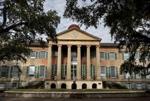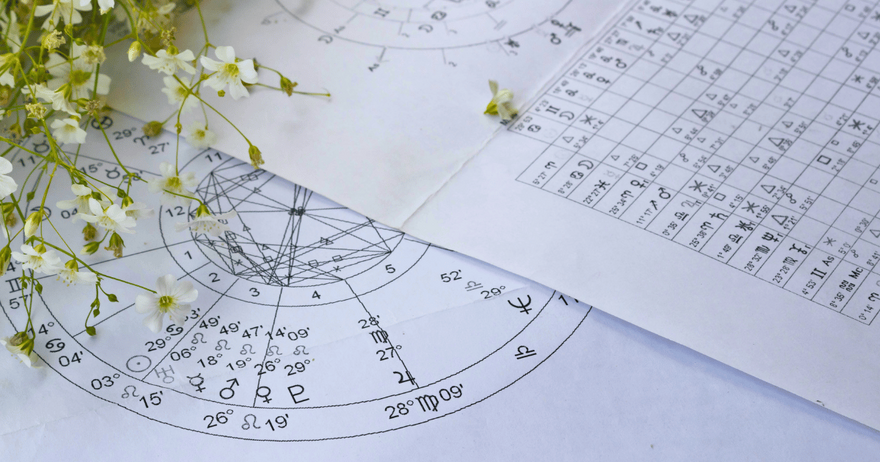College of Charleston’s tourism office has had its most challenging year ever | News
Daniel Guttentag had grown pretty used to delivering good news.
Since the fall of 2017, he’s been director at the College of Charleston’s Office of Tourism Analysis, which works closely with the hotels, restaurants, attractions, events and tour operators that comprise the local visitor sector.

Daniel Guttentag is the director of the College of Charleston’s Office of Tourism Analysis. Provided.
Guttentag’s office tracks metrics for visitation and travel spending, analyzes the economic impact of blockbuster events like Charleston Wine + Food and monitors the performance and growth of Charleston County’s lodging inventory.
His office is one modern way the College of Charleston has helped shape and shepherd the Lowcountry’s economy over the past two centuries. It illustrates the college’s importance and impact within the community.
Explore Charleston, the group that markets the area to visitors, turns to Guttentag’s office for key tourism numbers, and the numbers told a clear story.
Take 2020, the college’s anniversary year, which was put on pause to a large degree. Tourism was growing year after year in Charleston — growing to the point that the concept of “overtourism” was becoming a hot topic in town. Then COVID-19 hit.

What had been expected to be another record year for tourism turned out to be unlike anything the industry had seen.
Guttentag’s office is familiar with measuring how disasters affect travel. But usually, those disasters are hurricanes and flooding, causing losses in millions of dollars, not billions, and putting off travel for days, not months.
This time, there was “no end in sight,” Guttentag said.
“All of a sudden, it’s like we’re starting from scratch,” he said. “So it was sort of fascinating from a research perspective, and, just in terms of our mission of working with the industry more broadly, I think it was really a special opportunity for us to help out.”
Most of the projects planned for the year were scrapped, and all focus was put on the pandemic.
For Guttentag’s annual presentation to the Charleston Area Travel Council, the topic was, “Charleston tourism in the time of COVID-19.”
It was only mid-May then, and the picture of what Charleston tourism looked like in the middle of a pandemic was still fuzzy. Many hotels that closed their doors temporarily were just starting to reopen, and Guttentag recalled talking about ways to make their guests feel safer, like putting up Plexiglass at the front desk, having staff members wear face masks and limiting the capacity in elevators.
While it’s not unusual for Guttentag’s office to hear from hotel operators and other business owners looking for specific numbers or reports, this past year, local professionals were reaching out for longer conversations.
“They really wanted to chat for 30 or 45 minutes just about ideas and thoughts about what we might be seeing,” he said.
Hoteliers communicated what they were hearing from guests and observing on the ground at their properties, and Guttentag’s office took a wider view, comparing Charleston to the rest of the state and country, tracking guidance from health experts and seeing what Americans were saying in national surveys about travel sentiment.
“We have the benefit of having more time to spend looking at research that the general manager of a hotel isn’t going to have the time to spend doing because he or she has a million other responsibilities keeping their hotel up and running,” Guttentag said.
Lodging reports that research coordinator Melinda Patience compiles monthly show just how much the hotel sector was impacted by the pandemic in 2020. Average occupancy was down almost 40 percent from the prior year, and the average daily rate for a room dropped by about a fifth.
While it was obvious just by walking through the most popular tourist spots in downtown Charleston that travelers were in short supply last year, the regular reports, virtual talks and check-ins from the Office of Tourism Analysis gave a clearer picture of just how much of a setback for the industry COVID-19 was.
Guttentag and Patience are working on a full assessment of 2020, which will show how much the sector’s economic impact shrank during the health crisis.
That and other reports are also setting a starting point for the travel industry’s recovery. Last summer was a “roller coaster,” Guttentag said, because travel metrics fluctuated along with COVID-19 case numbers. Now that vaccinations are being administered, though, he predicted that upticks for tourism now are more likely to be sustained.
Bookings are already climbing, and Guttentag said he doesn’t “see them going back down again,” especially since the vaccine rollout aligned with the start of the traditional busy season in Charleston.

But, Guttentag said, it’s hard to say anything with certainty these days.
Pre-COVID, Charleston’s tourism trends were pretty predictable.
Then, 2020 was “a completely new year and a completely new time.” In many ways, 2021 is still uncharted territory, too.
“It’s just sort of hard to imagine getting back to normal life again,” he said.
Guttentag does feel optimistic about Charleston’s chances at a strong showing, especially compared to some other destinations. The area’s beaches satisfy a pandemic-fueled desire from travelers for outdoor recreation, and it’s also an asset that the Holy City’s “bread and butter” is leisure travel and not slower-to-recover group business and conferences.
That, plus travelers’ cabin fever, could be the recipe for a successful summer.




